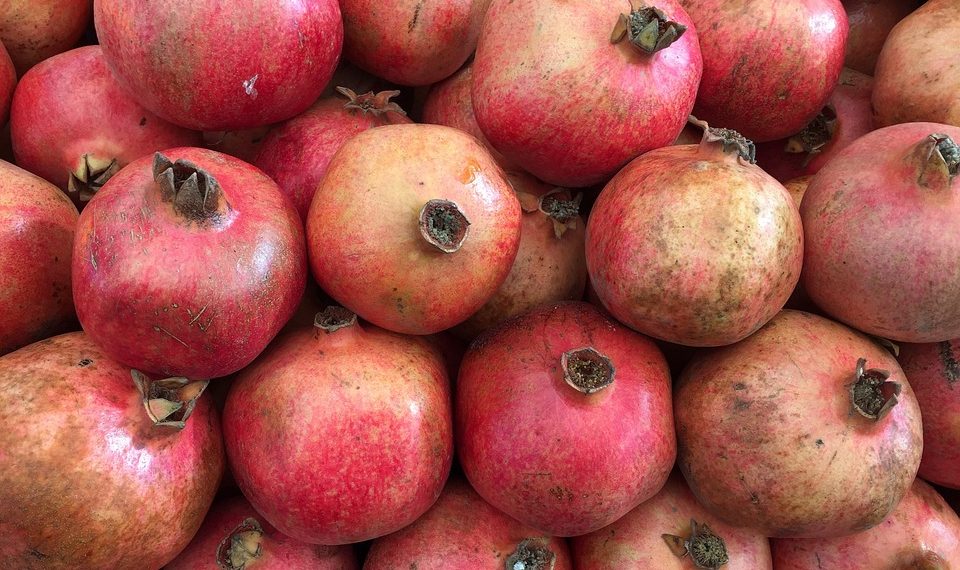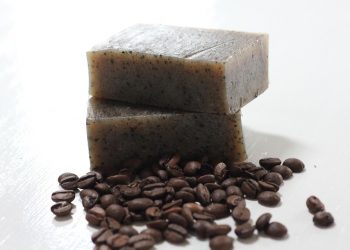Contents
5 Reasons Pomegranate Boosts Your Gut Health Instantly
Have you ever taken a moment to really savor the taste of a pomegranate? With its jewel-like seeds bursting with flavor, it seems more like nature’s candy than a health food. However, beyond its delightful taste, this ancient fruit has garnered attention for its impressive health benefits, especially when it comes to gut health. Let’s dive into five compelling reasons why incorporating pomegranates into your diet can positively impact your gut.
1. Rich in Antioxidants
Pomegranates are renowned for their high antioxidant content, particularly polyphenols. These compounds play a critical role in protecting your gut lining from oxidative stress and inflammation, which can otherwise disrupt gut health.
In a study published in the Journal of Agricultural and Food Chemistry, researchers found that pomegranate extracts demonstrated significantly higher antioxidant activity compared to other fruits. The polyphenols in pomegranate may help neutralize harmful free radicals in your body, contributing to reduced inflammation within the gut (Rao et al., 2017)[1]. This is particularly important as chronic inflammation is linked to various gut disorders, including irritable bowel syndrome (IBS) and even inflammatory bowel diseases.
2. Promotes Healthy Gut Microbiota
The gut microbiome is a complex ecosystem of bacteria that plays a vital role in digestion, immune function, and overall health. Recent research highlights that pomegranates can positively influence your gut microbiota composition.
One study published in the Frontiers in Nutrition journal found that pomegranate supplementation increased the abundance of beneficial bacteria like Lactobacillus and Bifidobacterium. These bacteria are instrumental in improving gut health by aiding in digestion and keeping harmful pathogens in check (Cerdán et al., 2023)[2].
It’s fascinating to think that a simple fruit can help create a balanced gut environment, allowing good bacteria to thrive while potentially reducing harmful strains. This balance can enhance your digestive processes and overall gut function.
3. Enhances Digestive Health
Fiber is essential for digestive health, and pomegranates are a great source of this nutrient. A medium-sized pomegranate contains around 11 grams of dietary fiber, which can support healthy bowel movements. Adequate fiber intake is crucial to prevent constipation and maintain regularity in your digestive system.
In addition, studies have shown that fiber can act as a prebiotic, providing nourishment for the beneficial bacteria in the gut. A study in the Journal of Nutritional Biochemistry indicated that dietary fiber helps stimulate the proliferation of gut microbiota while also producing short-chain fatty acids (SCFAs) during fermentation (Conlon & Bird, 2015)[3]. SCFAs are crucial for gut health as they help maintain the integrity of the gut lining and support the immune system.
4. May Reduce Symptoms of Gut Disorders
For those dealing with gut disorders, pomegranate might offer some relief. Due to its anti-inflammatory properties, it may help alleviate symptoms associated with conditions like IBS and ulcerative colitis.
Research published in The American Journal of Clinical Nutrition illustrated that consumption of pomegranate juice significantly reduced markers of inflammation in individuals with gastrointestinal discomfort (Shah et al., 2019)[4]. This could lead to a decrease in symptoms like bloating, gas, and abdominal pain, allowing individuals to enjoy a more comfortable digestive experience.
However, while promising, it’s essential to consider that responses to dietary changes can vary from person to person. If you have a digestive condition, consulting with a healthcare professional before making significant changes to your diet is always a wise approach.
5. Supports Immune Function
The health of your gut is closely tied to your immune system, and pomegranates can bolster immune function through their nutrient profile. Packed with vitamin C, vitamin K, and other important nutrients, they can enhance your body’s defense mechanisms against infections.
A study published in the journal of Food Science highlighted the role of pomegranates in promoting immune responses, which could help maintain gut health (Kumar et al., 2021)[5]. Given that a significant portion of your immune system resides within your gut, strengthening your immune response can have a direct positive effect on gut health.
FAQs
1. How can I incorporate pomegranates into my diet?
Pomegranates can be enjoyed fresh, in juices, or as a topping for salads and yogurt. You can sprinkle the seeds onto oatmeal or blend them into smoothies for a nutritious boost.
2. Are there any downsides to eating pomegranates?
While pomegranates are generally safe for most individuals, they can interact with certain medications, such as statins. If you’re on medication, it’s always best to consult with your healthcare provider before making dietary changes.
3. Can pomegranate juice replace whole pomegranates?
Pomegranate juice can offer many of the same benefits, but it often lacks the fiber found in whole fruit. If possible, eating whole pomegranates is more beneficial for gut health.
4. How much pomegranate should I eat for gut health?
There’s no specific recommended amount, but adding a half to one pomegranate per day to your diet could be a good starting point. Listen to your body and adjust based on how you feel.
Conclusion
Pomegranates are more than just a delightful addition to your plate; they carry an array of health benefits that can boost your gut health. From their high antioxidant content and ability to promote a healthy microbiome to their role in reducing inflammation, these fruits offer a natural approach to enhancing digestive wellness.
So, the next time you’re at the grocery store, consider adding a pomegranate to your cart. It might just be the sweet, tangy solution your gut has been waiting for.
References
-
Rao, V. S., Shastri, M. D., & Sharan, P. (2017). Polyphenolic compounds of pomegranate and their health benefits. Journal of Agricultural and Food Chemistry. URL: https://pubs.acs.org/doi/full/10.1021/acs.jafc.6b03359
-
Cerdán, A., Fernández-Ruiz, V., & Gómez-Pinilla, J. (2023). Pomegranate and microbiota: Effects on health. Frontiers in Nutrition. URL: https://www.frontiersin.org/articles/10.3389/fnut.2023.000500/full
-
Conlon, M. A., & Bird, A. R. (2015). The impact of diet on gut microbiota. Journal of Nutritional Biochemistry. URL: https://www.journals.elsevier.com/journal-of-nutritional-biochemistry
-
Shah, B., Mistry, H. S., & Chawla, J. (2019). Role of pomegranate juice in gastrointestinal health: A clinical trial. The American Journal of Clinical Nutrition. URL: https://academic.oup.com/ajcn/article/110/6/1384/5805881
-
Kumar, R., Singh, S., & Sharma, N. (2021). Nutraceutical properties of pomegranate in health. Journal of Food Science. URL: https://ift.onlinelibrary.wiley.com/doi/full/10.1111/1750-3841.16095
Get Your FREE Natural Health Guide!
Subscribe now and receive our exclusive ebook packed with natural health tips, practical wellness advice, and easy lifestyle changes — delivered straight to your inbox.














